Justamente el otro día salía la joven activista sueca Greta Thunberg en TV y mi padre dijo: “Mírala quejándose sobre el mundo que le hemos dejado”. Tengo 28 años y hasta no hace mucho tiempo no se tenía ningún control sobre el plástico, los recursos, la contaminación y un larguísimo etc.. Lo que es muy preocupante. Realmente es algo que me inquieta; que no lleguemos a tiempo para parar esto, que no seamos suficientes los que queremos que este planeta siga vivo por encima de intereses políticos, económicos o humanos… Me da miedo. Como el mundo en el que vivimos es un mero reflejo de nuestro interior de cómo está la sociedad, de aquello que vemos y sentimos . Un ejemplo, podría ser cuando a un niño (más habitual que el ejemplo de una niña) le enseñan que ganar, claramente “ganar” es lo mejor que puede hacer en el colegio, en el instituto, en la universidad y obviamente en su futuro trabajo, cuando la palabra sería mejor sustituirla por aprender.
¿Qué clase de enfermedad mental tenemos? Porque es de enfermos cómo vivimos, cómo pensamos o cómo estamos haciendo todo esto. Es algo lamentable, ver como a la sociedad más avanzada se le ha ido de las manos… Pero como prefiero aportar algo bueno a mirar solo el abismo, cada semana SHE AND SHE va escribir para que conozcáis la labor que están haciendo aquellos que quieren el beneficio no solo de los demás, sino de aquello o aquellos que les rodean. Como la joven que nombrado en este articulo, continuaré con ella, Greta Thunberg.
There is not planet B #GRETATHUNBERG
Rosana Pérez

I’ve been worried for a while about everything that’s going on on our planet. The other day I was waking up with the news on my Facebook about the U.S. renouncing the climate change agreement at the Arctic Council in Rovaniemi (Finland) and a few days ago the refusal for Abortion. Sometimes I think of the great lack of humanity that we have among us, but even more serious is that which we are responsible for or depends on our decisions.
Llevo un tiempo bastante preocupada por todo lo que está pasando en nuestro planeta. El otro día despertaba con la noticia en mi Facebook sobre EE.UU. renunciando al acuerdo de contra el cambio climático en el Consejo del Ártico celebrado en Rovaniemi (Finlandia) y hace unos días de la negativa para el Aborto. A veces pienso en la gran falta de humanidad que tenemos entre nosotros, pero aún más grave es aquello que somos responsables o depende de nuestras decisiones.
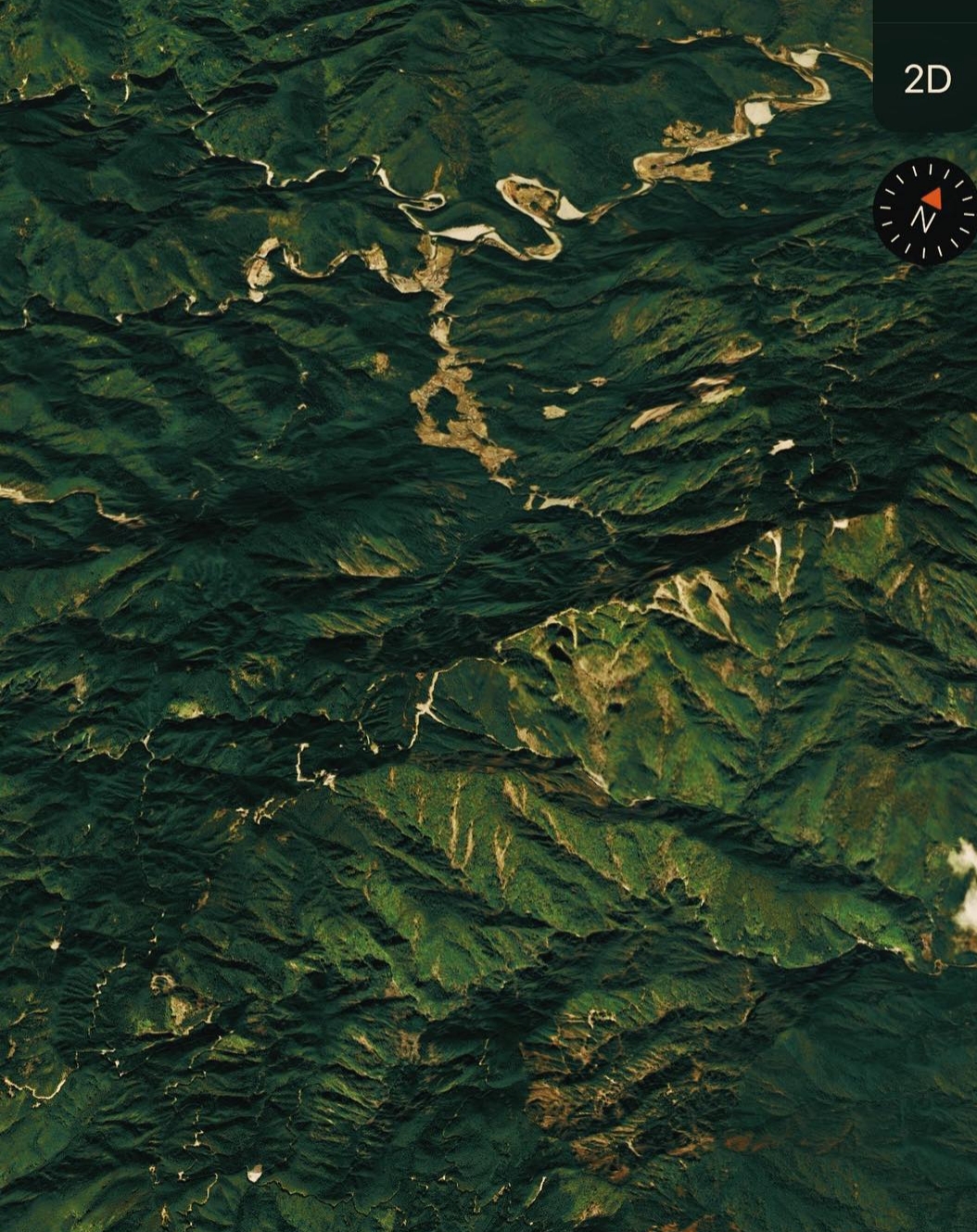


«Mírala, quejándose del mundo que le hemos dejado»
«Look at her complaining about the world we have left you»
Which is very worrying. It really worries me; that we do not get there in time to stop this, that there are not enough of us who want this planet to remain alive above political, economic or human interests; It scares me. As the world we live in is a mere reflection of our internality of how society is, of what we see and feel. An example could be when a boy (more common than the example of a girl) is taught that winning, clearly «winning» is the best thing he can do in school, in high school, in college and obviously in his future job, when the word would be better substituted for learning.
What kind of mental illness do we have? Because it’s sick how we live, how we think or how we’re doing all this. It is regrettable to see that the most advanced society has gone out of control… But since I prefer to bring something good to look only at the abyss, every week SHE AND SHE is going to write so that you know the work that those who want the benefit not only of others, but of that or those around them are doing. As the young woman named in this article, I will continue with her, Greta Thunberg.

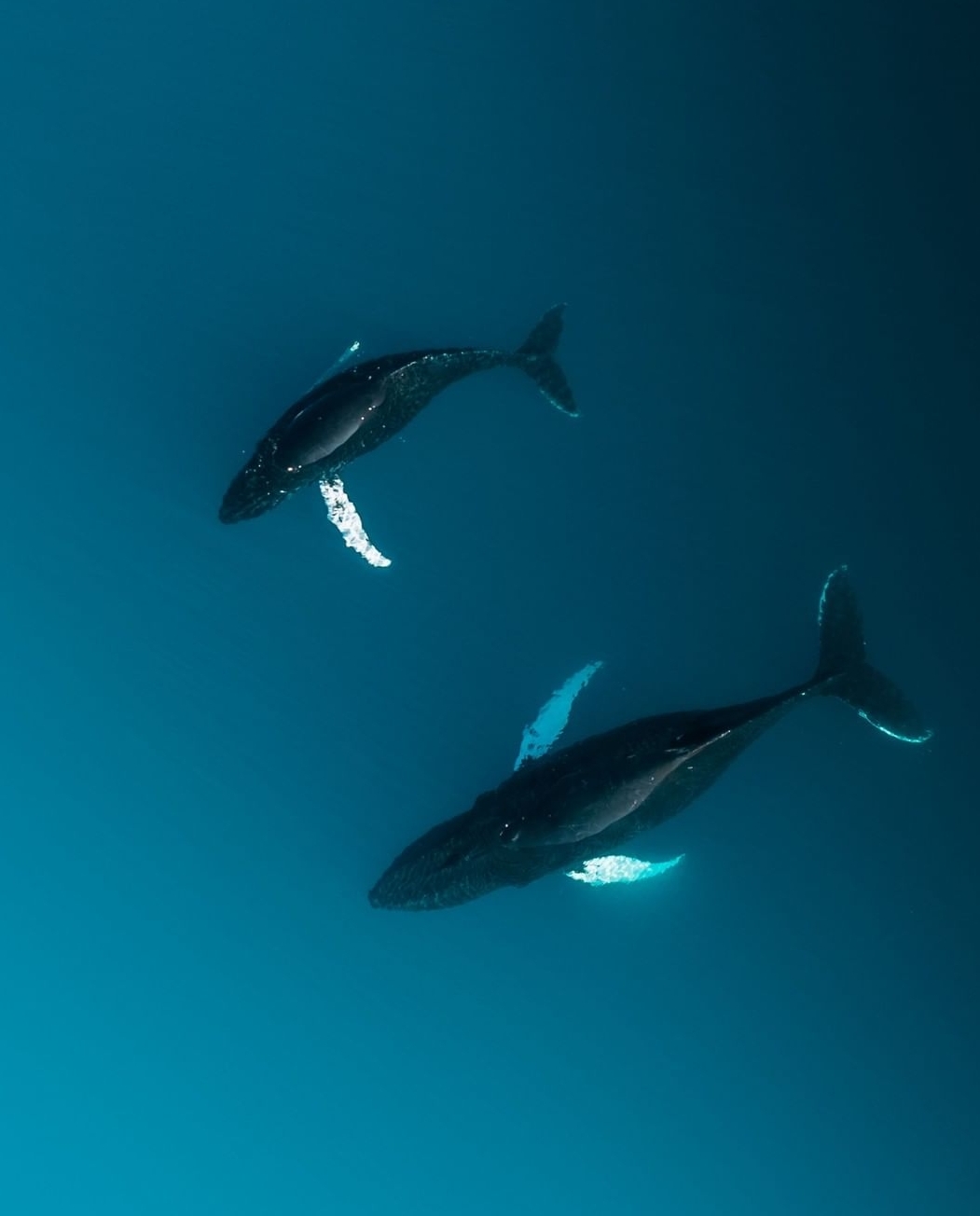
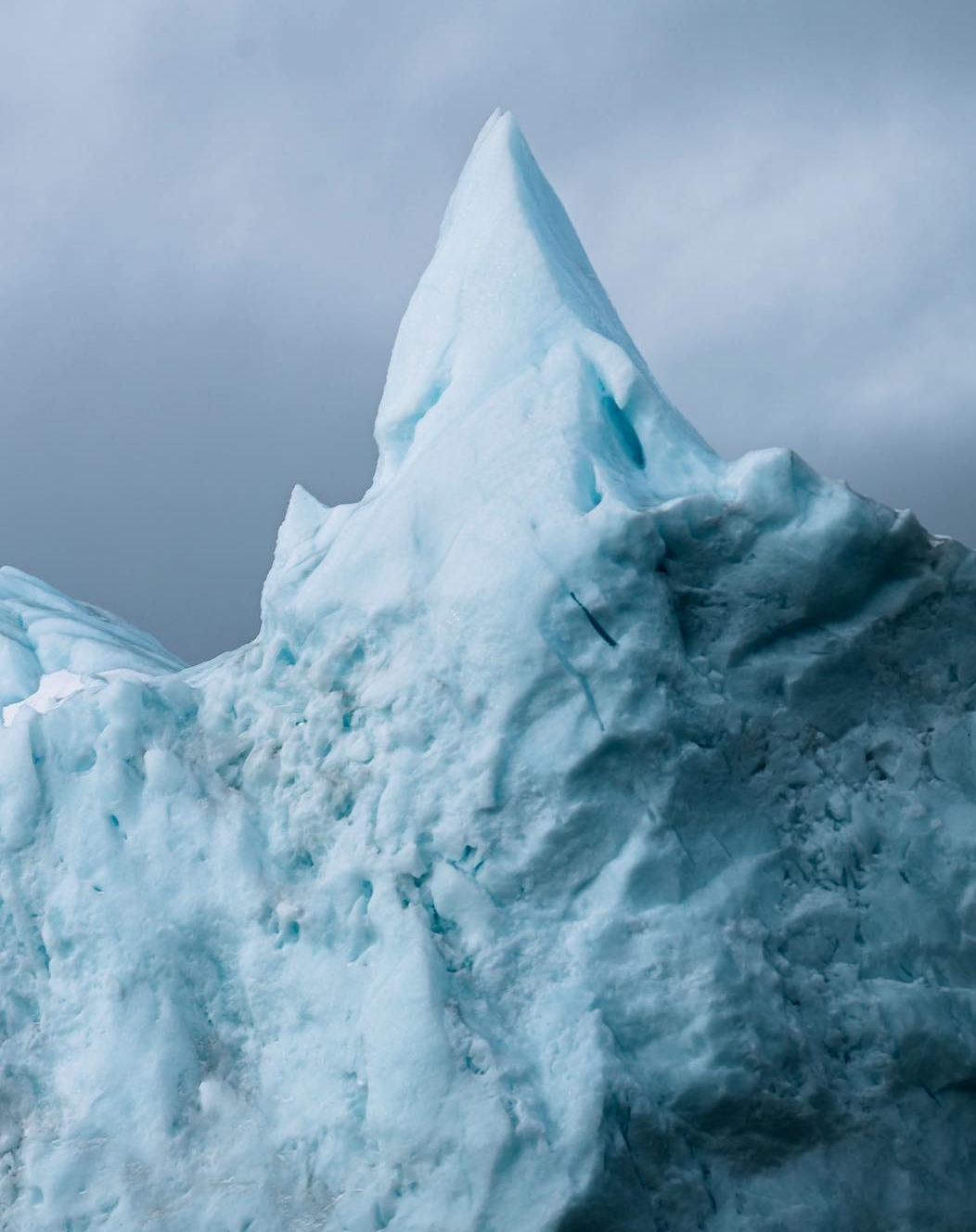
«Ustedes dicen que aman a sus hijos por encima de todo, pero les están robando su futuro ante sus propios ojos» Greta Thunberg.
“You say you love your children above all else and yet, you’re stealing their future in front of their very eyes” Greta Thunberg
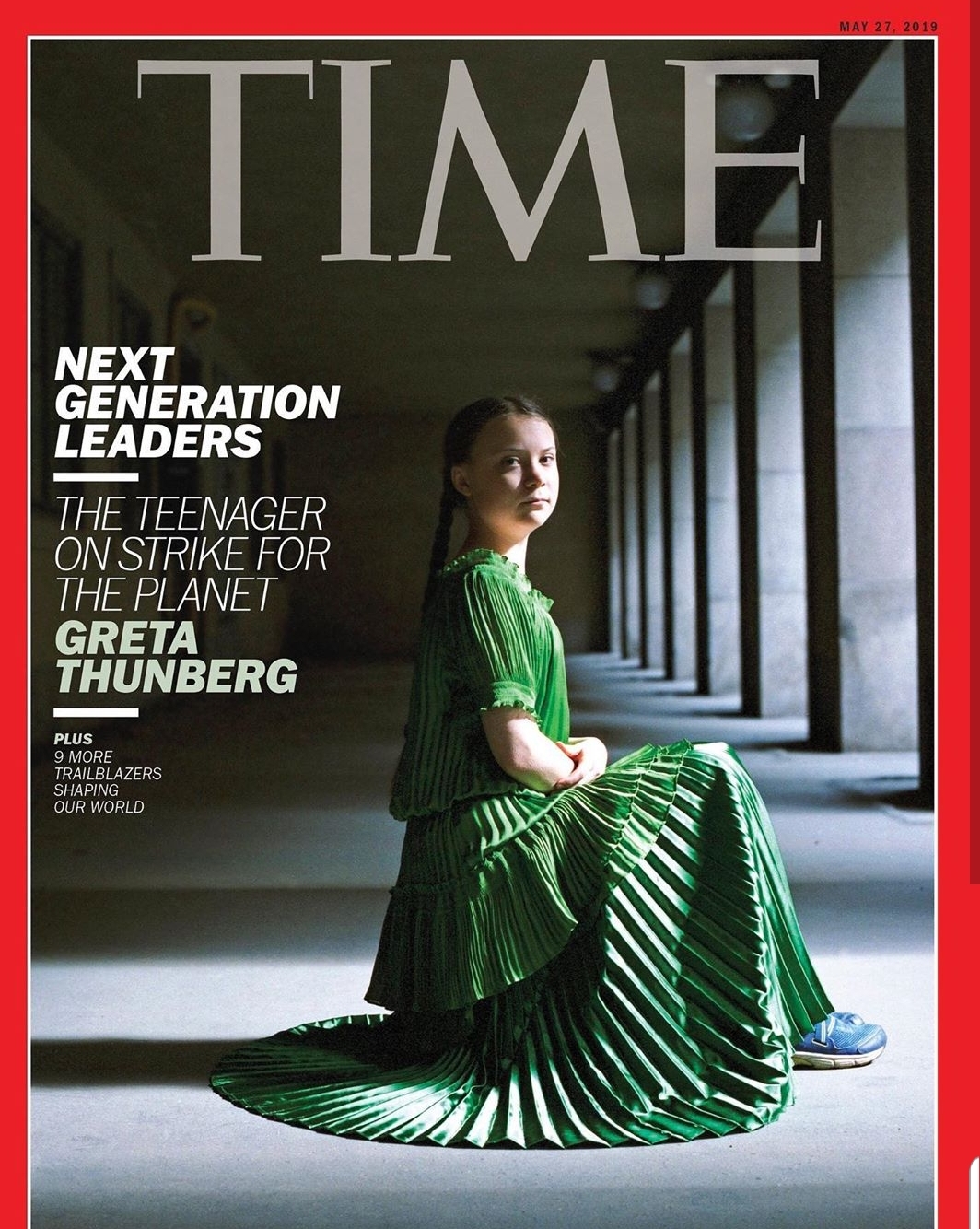
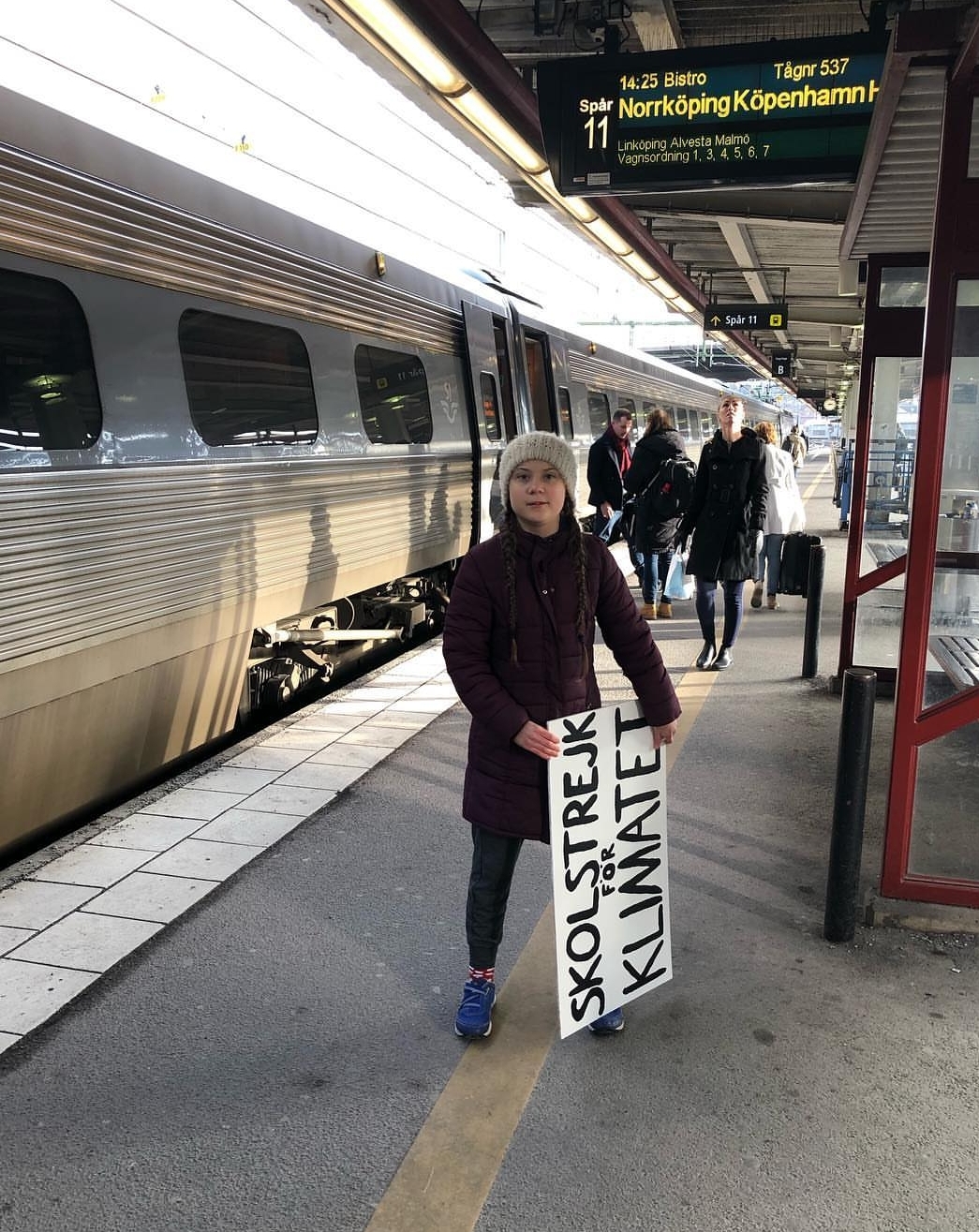
Para los que no la conozcáis Greta Thunberg nació en Estocolmo el 3 de enero del 2003, diagnosticada con autismo y trastorno de TDAH, una de sus primera acciones sucedieron en su hogar. Ella insistió en que su familia se hiciera vegana para concienciar acerca de todo lo que engloba el estilo de vida sin consumo de alimentos y prendas o objetos de procedencia animal. Todo comenzó tras el verano del año pasado (2018) el que fue uno de los más calurosos hasta el momento en su país y en señal de protesta se animó a participar en las huelgas de estudiantes celebradas en el Parlamento sueco bajo el lema Skolstrejk för klimatet (huelga escolar por el clima) acerca del calentamiento global y las emisiones de carbono a la Atmósfera por parte de su país tras no cumplir el acuerdo de París establecido en 2015.
Greta continuó protestando todos los viernes creando eco a nivel internacional para inspirar a estudiantes de todo el mundo a participar en la huelgas y reivindicar los derechos del planeta. Desde ese tiempo más de 20 000 estudiantes realizaron manifestaciones en más de 270 ciudades por todo el mundo. En Australia también decidieron protestar, ignorando al primer ministro Scott Morrison, que defendía lo siguiente: «más aprendizaje en las escuelas y menos activismo”. El 15 de marzo de mismo este año tuvo lugar una protesta a nivel mundial por el cambio climático, siguiendo la convocatoria mundial del Fridays For Future promovido por Greta. La iniciativa, que sigue en marcha, se acompaña en redes sociales con las etiquetas #ClimateStrike (huelga por el clima) y#FridaysForFuture (viernes por el futuro).
For those of you who don’t know Greta Thunberg was born in Stockholm on January 3, 2003, diagnosed with autism and ADHD disorder, one of her first actions happened in her home. She insisted that her family become vegan to raise awareness about all that encompasses the lifestyle without of food and clothing or objects of animal origin. It all started after last year’s summer (2018) who was one of the hottest so far in his country and in protest was encouraged to participate in the student strikes held before in the Swedish Parliament under the slogan Skolstrejk för klimatet (school strike for climate) on global warming and carbon emissions to the atmosphere by his country after failing to comply with the Paris agreement established in 2015.
Greta continued to protest every Friday by creating an international echo to inspire students from around the world to participate in the strikes and claim the rights of the planet. Since that time more than 20,000 students have held demonstrations in more than 270 cities around the world. In Australia they also decided to protest, ignoring Prime Minister Scott Morrison, who advocated the following: «more learning in schools and less activism.» This year, on 15 March, a global protest against climate change took place, following the global call of the Fridays For Future promoted by Greta. The initiative, which is ongoing, is accompanied on social networks with the tags #ClimateStrike (climate strike) and#FridaysForFuture (Friday for Future).

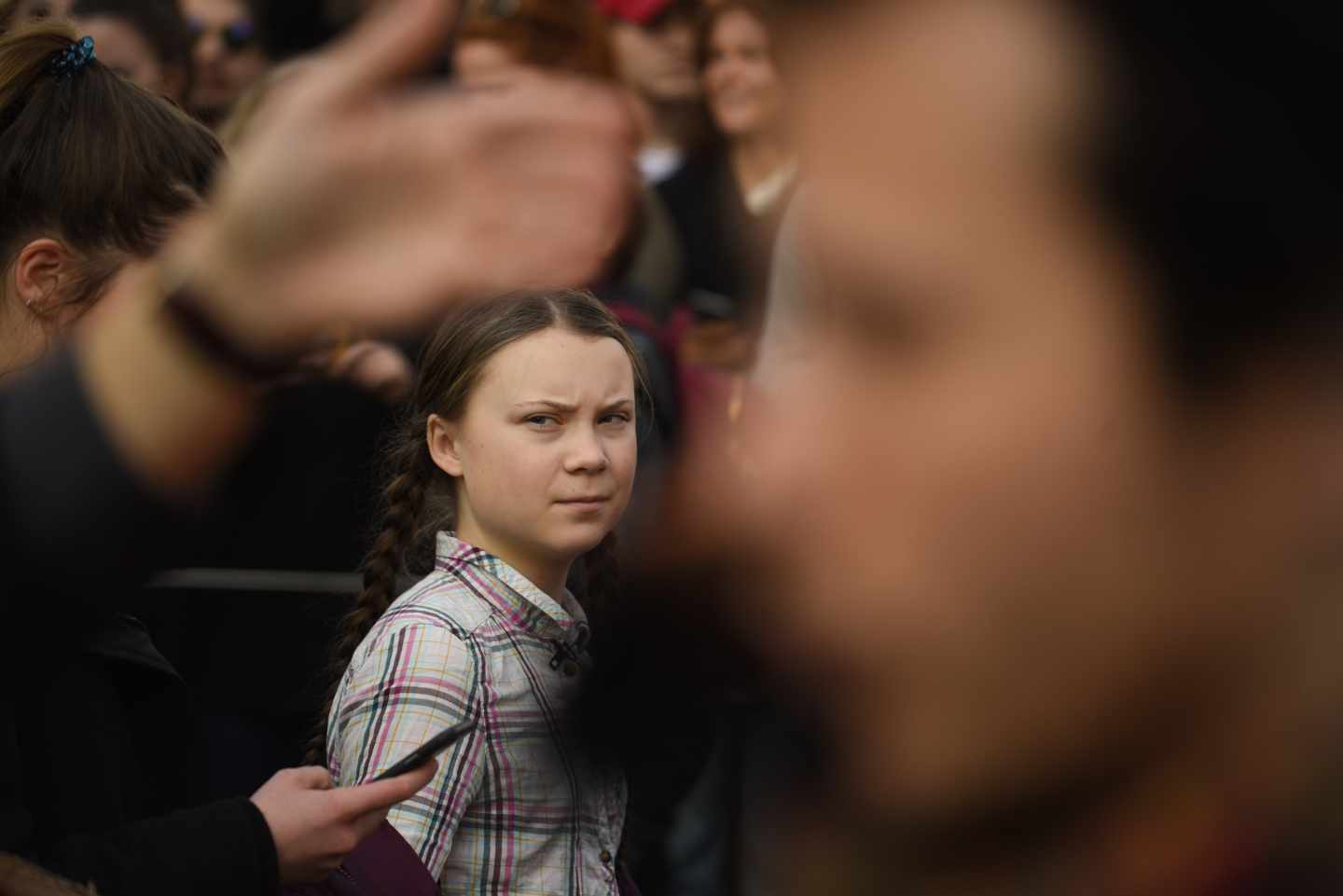
«Quiero que entréis en pánico, porque la casa está en llamas» Greta Thunberg. Davos/2019
» I want you to panic our house is on fire» Greta Thunberg, Davos/2019
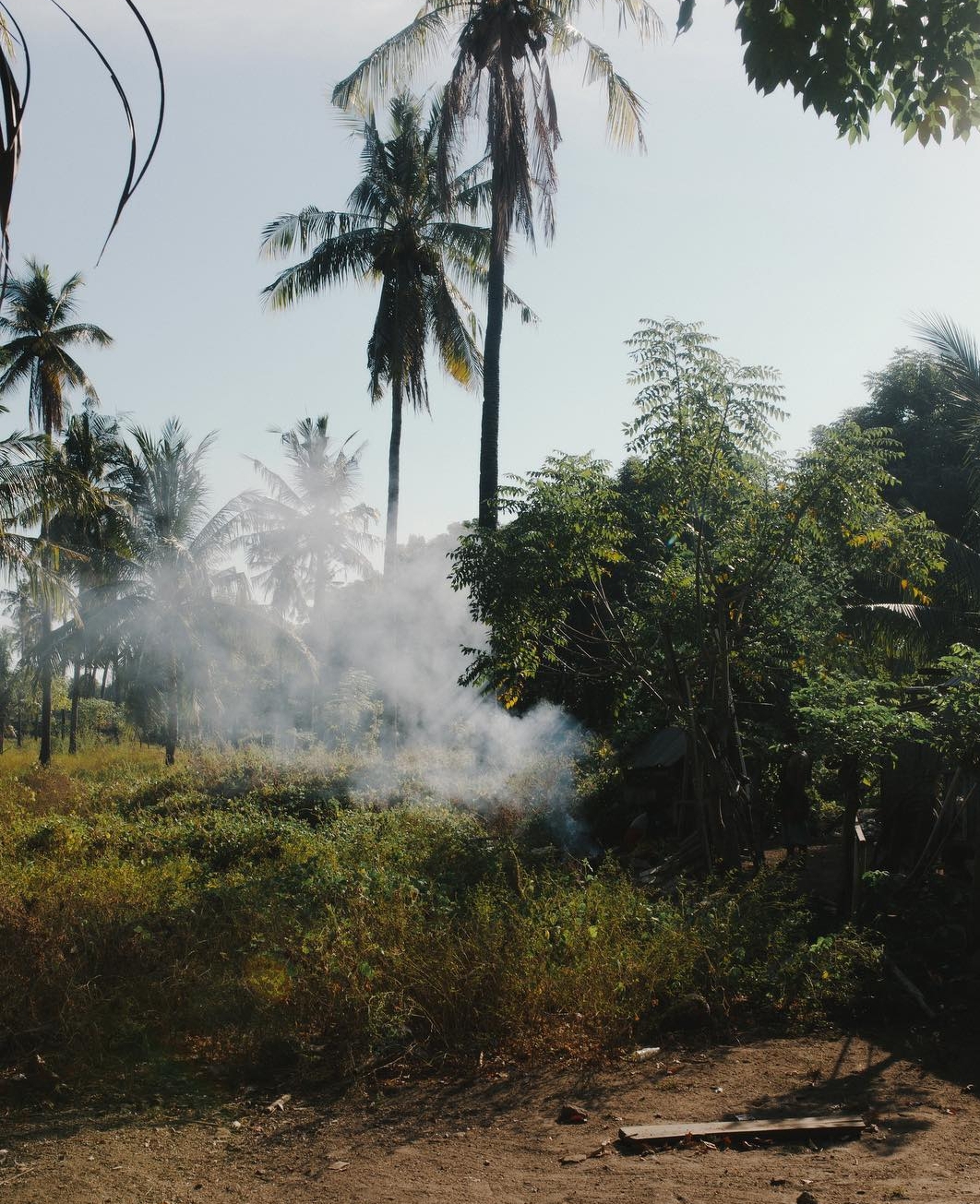

«Hemos estado hablando durante treinta años y vendiendo ideas positivas. Y lo siento, pero no funciona. Porque si hubiera sido así, las emisiones habrían bajado, pero no lo han hecho» Greta Thunberg, TEDx de Estocolmo
«We’ve had 30 years of pep talking and selling positive ideas and I’m sorry but it doesn’t work. Because if it would have, the emissions would have gone down by now. They haven’t «Greta Thunberg,at TEDxStockholm

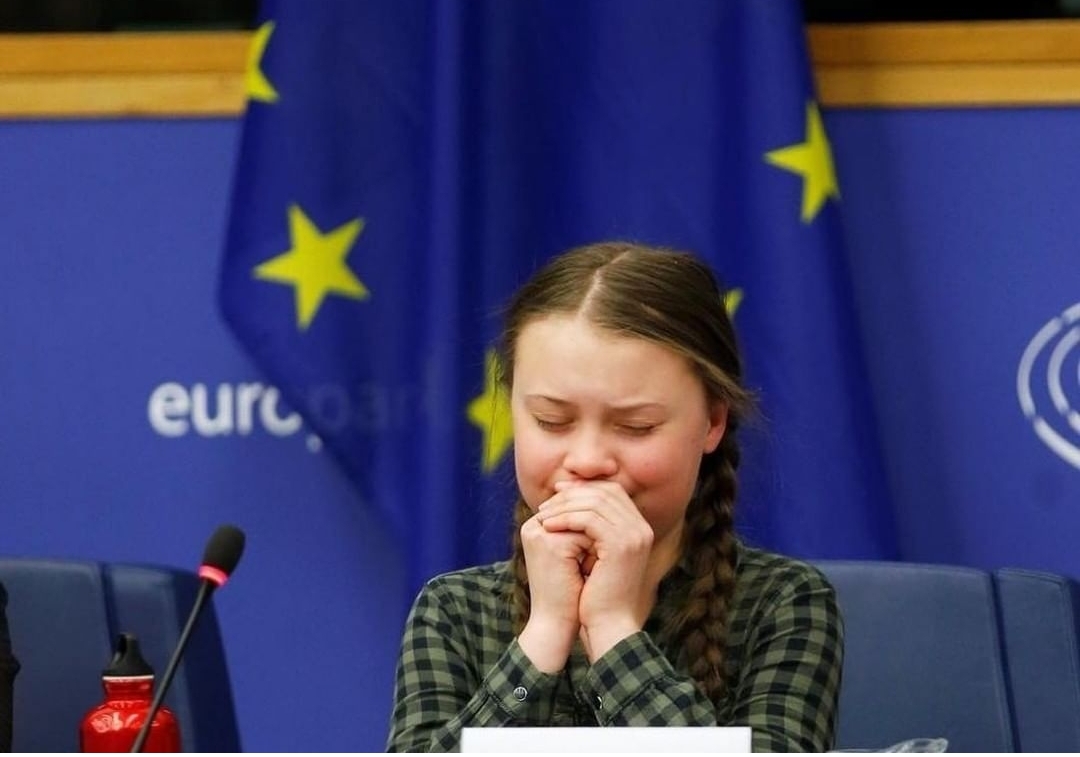

Greta ha declaro que parte de su inspiración para llevar a cabo sus reivindicaciones por la subida de la temperatura en Suecia fue gracias a la inspiradora Rosa Parks (la que fuera gran defensora de los derechos humanos en contra de la discriminación racial). Otras acciones por las que ha llamado la atención de todos sería su intervención en el de las compañías de tecnología de TEDx de Estocolmo, su discurso ante la Conferencia sobre el Cambio Climático (COP24) de las Naciones Unidas o el Foro Económico mundial en Davos acompañada de líderes de todo el mundo, cita a la que no faltaron mujeres como la economista Christiana Figueres o la antropóloga Jane Goodall. Señalando la Marcha mundial 15-M contra el cambio climático con la manifestación de 123 países a nivel mundial, 2000 manifestaciones de forma organizada y pacífica.
Gracias a todas sus acciones ha sido galardonada con premios y propuesta para el Premio Nobel de la Paz, por su compromiso y lucha a favor del medioambiente y los derechos de las personas.
Greta has stated that part of her inspiration to carry out her demands for temperature rise in Sweden was thanks to the inspiring Rosa Parks (who was a great defender of human rights against racial discrimination). Other actions for which he has drawn the attention of all would be his intervention in that of the TEDx technology companies of Stockholm, her speech to the Conference on Climate Change (COP24) of the United Nations or the World Economic Forum in Davos, accompanied by leaders from all over the world, cites women such as economist Christiana Figueres or anthropologist Jane Goodall. Highlighting to the 15-M World March against Climate Change with a rally of 123 countries worldwide, 2000 demonstrations organized and peaceful.
Thanks to all her actions she has been awarded with awards and proposals for the Nobel Peace Prize, for her commitment and fight for the environment and the rights of the people.
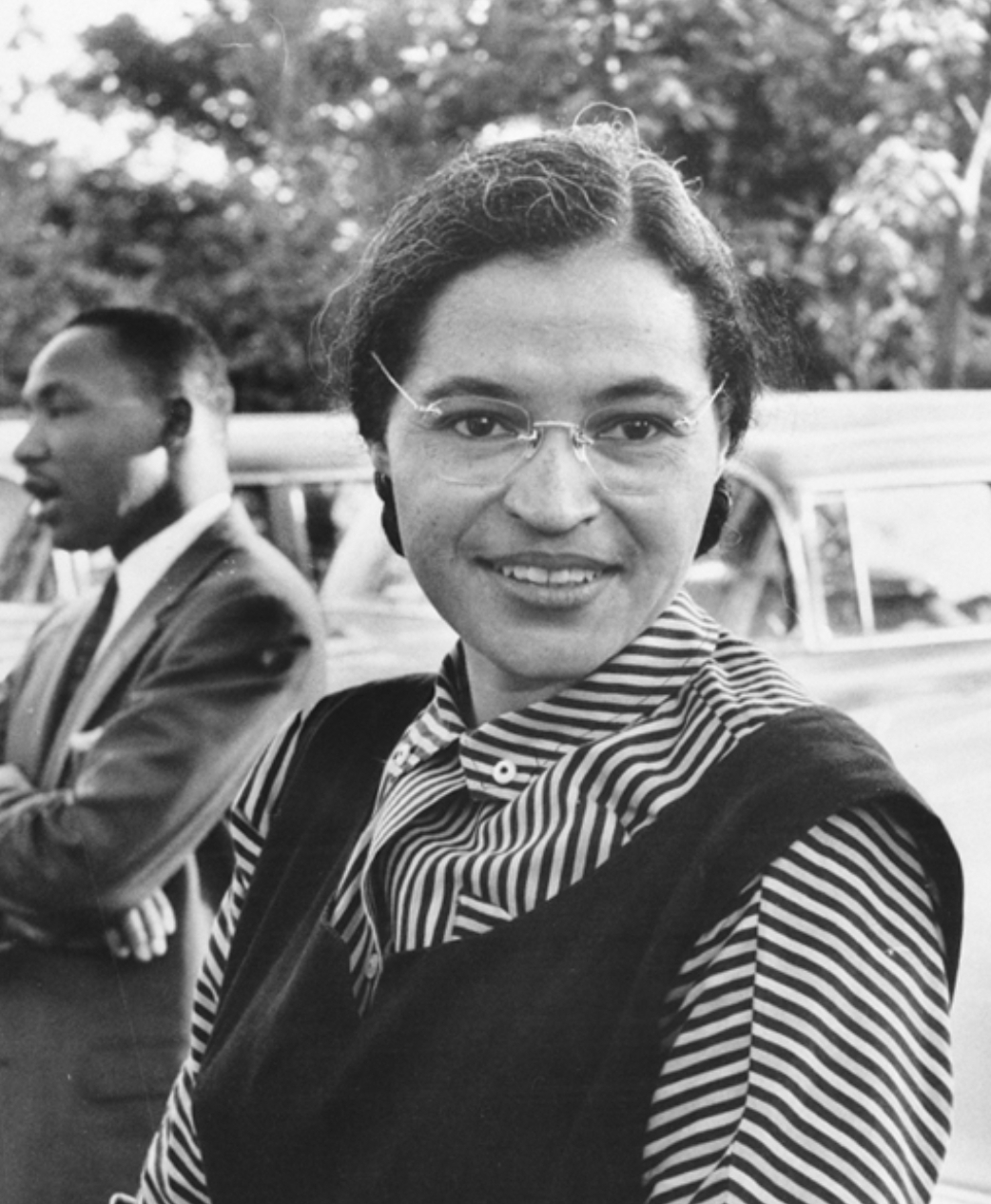


Greta ha declaro que parte de su inspiración para llevar a cabo sus reivindicaciones por la subida de la temperatura en Suecia fue gracias a la inspiradora Rosa Parks (la que fuera gran defensora de los derechos humanos en contra de la discriminación racial)
Greta has stated that part of her inspiration to carry out her demands for temperature rise in Sweden was thanks to the inspiring Rosa Parks (who was a great defender of human rights against racial discrimination)
«Cuando tenía unos 8 años de edad escuché por primera vez algo llamado cambio climático o calentamiento global. Aparentemente eso fue algo que los humanos habían creado por nuestra forma de vivir. Me dijeron que apagara las luces para ahorrar energía y reciclar papel para ahorrar recursos.
Recuerdo que pensé que era muy extraño que los seres humanos que son una especie animal entre otras podrían ser capaces de cambiar el clima de la Tierra. Porque si lo estuviéramos y si realmente estuviera pasando no estaríamos hablando de nada más. Tan pronto como enciendas la TV todo se tratará de eso. Titulares, radio, periódicos, nunca leerás o oirás nada más. Como si hubiera una guerra mundial.
Pero nadie habló de ello. Si la quema de combustibles fósiles era tan mala que amenazaba nuestra propia existencia, ¿cómo podríamos continuar como antes? ¿Por qué no había restricciones? ¿Por qué no se hizo ilegal? Para mí eso no sumaba, era demasiado irreal.
Así que cuando tenía 11 años me enfermé. Caí en depresión. Dejé de hablar y dejé de comer. En dos meses perdí unos 10 kilos de peso. Más tarde me diagnosticaron el síndrome de Asperger OCD y el mutismo selectivo. Básicamente significa que sólo hablo cuando creo que es necesario. Ahora es uno de esos momentos.
Para aquellos de nosotros que estamos en el espectro, casi todo es blanco o negro. No somos muy buenos mintiendo y por lo general no disfrutamos de participar en el juego social que el resto de ustedes parecen tan aficionados. Creo que en muchos sentidos somos artísticos los normales y el resto de la gente es bastante extraño. Especialmente cuando se trata de la crisis de la sostenibilidad, donde todo el mundo sigue diciendo que el cambio climático es una amenaza existencial y la cuestión más importante de todas. Y sin embargo siguen como antes.
No lo entiendo, porque si las emisiones tienen que parar, entonces debemos detener las emisiones. Para mí eso es blanco o negro. No hay áreas grises cuando se trata de supervivencia. O seguimos como una civilización o no. Tenemos que cambiar.
Los países ricos como Suecia necesitan empezar a reducir las emisiones al menos en un 15 por ciento cada año. Y eso es para que podamos permanecer por debajo de un objetivo de calentamiento de dos grados. Sin embargo, como ha demostrado recientemente el IPCC, la reducción de 1.5 grados Celsius reduciría significativamente los impactos climáticos. Pero sólo podemos imaginar lo que eso significa para reducir las emisiones.
Uno pensaría que los medios de comunicación y cada uno de nuestros líderes no hablarían de otra cosa, pero nunca lo mencionarían. Tampoco nadie menciona los gases de efecto invernadero que ya están encerrados en el sistema. Tampoco la contaminación del aire oculta un calentamiento, de modo que cuando dejamos de quemar combustibles fósiles, ya tenemos un nivel adicional de calentamiento, tal vez tan alto como 0.5 a 1.1 grados Celsius.
Además, casi nadie habla del hecho de que estamos en medio de la sexta extinción masiva. Con hasta 200 especies extinguiéndose cada día. Que la tasa de extinción es hoy entre 1000 y 10,000 veces más alta de lo que se considera normal.
Tampoco casi nadie habla nunca del aspecto de la equidad o de la justicia climática, claramente enunciado en todas partes en el Acuerdo de París, que es absolutamente necesario para que funcione a escala mundial. Esto significa que los países ricos deben reducir a cero las emisiones en un plazo de 6 a 12 años con la velocidad de emisión actual. Y eso es para que las personas de los países más pobres puedan tener la oportunidad de elevar el nivel de vida construyendo parte de la infraestructura que ya hemos construido, como carreteras, escuelas, hospitales, agua potable limpia, electricidad y elementos similares.
Porque cómo podemos esperar que países como la India o Nigeria se preocupen por la crisis climática si a nosotros, que ya lo tenemos todo ni siquiera nos importa un segundo, o nuestros compromisos reales con el acuerdo de París. Entonces, ¿Por qué no reducimos nuestras emisiones? ¿Por qué de hecho siguen aumentando? ¿Estamos causando a sabiendas una extinción masiva? ¿Somos malvados?
Si vivo hasta los 100 años, estaré vivo en el año 2103. Cuando piensas en el futuro hoy, no piensas más allá del año 2050. Para entonces, lo haré en el mejor de los casos, ni siquiera he vivido la mitad de mi vida. ¿Qué pasa a continuación?
El año 2078 voy a celebrar mi 75 cumpleaños. Si tengo hijos o nietos, quizás pasen ese día conmigo. Quizás me pregunten por ti, la gente que estaba por ahí en 2018. ¿Quizás te preguntarán por qué no hiciste nada mientras aún era hora de actuar?
Lo que hagamos o no hagamos ahora afectará mi vida entera y las vidas de mis hijos y nietos. Lo que hacemos o no hacemos ahora, mi generación y yo no podemos deshacer en el futuro.
Por supuesto que no. La gente sigue haciendo lo que hace porque la gran mayoría no tiene una pista sobre las consecuencias reales de nuestra vida cotidiana. Y no saben que se requiere un cambio rápido. Todos pensamos que lo sabemos y todos pensamos que todos lo sabemos. Pero no lo sabemos. Porque, ¿cómo podríamos?
Si realmente hubiera una crisis y si esta crisis fuera causada por nuestras emisiones, al menos verían algunas señales. No sólo ciudades inundadas, decenas de miles de personas muertas y naciones enteras niveladas en montones de edificios derribados. Se verían algunas restricciones. Pero no. Y nadie habla de ello.
No hay reuniones de emergencia, ni titulares, ni noticias de última hora. Nadie está actuando como si estuviéramos en una crisis. Incluso la mayoría de los científicos del clima o políticos verdes siguen volando alrededor del mundo, comiendo carne y lácteos.
Así que cuando la escuela comenzó en agosto de este año decidí que esto era suficiente. Me senté en el suelo fuera del parlamento sueco. Yo la escuela golpeado por el clima. Algunas personas dicen que debería estar en la escuela en su lugar. Algunas personas dicen que debería estudiar para convertirme en un científico del clima para que pueda «resolver» la crisis climática.
Pero la crisis climática ya se ha resuelto. Ya tenemos todos los hechos y soluciones. Todo lo que tenemos que hacer es despertar y cambiar.
Y por qué debería estar estudiando para si el futuro que pronto no será más? ¿Cuando nadie está haciendo nada en absoluto para salvar ese futuro? ¿Y cuál es el punto de aprender hechos en el sistema escolar, cuando los hechos más importantes, dados por la ciencia más fina de ese mismo sistema escolar, claramente no significa nada para nuestros políticos y nuestra sociedad?
Algunos dicen que Suecia es un país pequeño y que no importa lo que hagamos. Pero creo que si unos pocos niños pueden conseguir titulares por todo el mundo simplemente por no venir a la escuela durante unas semanas, imagínense lo que podríamos hacer todos juntos si quisieran.
Ahora estamos casi al final de mi charla y aquí es donde la gente suele empezar a hablar de esperanza – paneles solares, energía eólica, economía circular y así sucesivamente.
Pero no voy a hacer eso. Hemos tenido 30 años de ánimo hablando y vendiendo ideas positivas y lo siento pero no funciona. Porque si lo hubiera hecho, las emisiones ya habrían bajado. No lo han hecho. Y sí, necesitamos esperanza, por supuesto que sí. Pero la única cosa que necesitamos más que la esperanza es la acción. Una vez que empezamos a actuar, la esperanza está en todas partes.
Así que en lugar de buscar la esperanza, buscar la acción. Entonces, y sólo entonces vendrá la esperanza.
Hoy usamos 100 millones de barriles de petróleo cada día. No hay política para cambiar eso. No hay reglas para mantener ese petróleo en el suelo. Así que no podemos salvar el mundo jugando con las reglas. Porque las reglas tienen que ser cambiadas. Todo tiene que cambiar.
Y tiene que empezar hoy. ¡Gracias!» GRETA THUNBERG
«When I was about 8 years old I first heard about something called climate change or global warming. Apparently that was something humans had created by our way of living. I was told to turn off the lights to save energy and to recycle paper to save resources.
I remember thinking that it was very strange that humans who are an animal species among others could be capable of changing the Earth’s climate. Because if we were and if it was really happening we wouldn’t be talking about anything else. As soon as you turn on the TV everything would be about that. Headlines, radio, newspapers, you would never read or hear about anything else. As if there was a world war going on.
But no one ever talked about it. If burning fossil fuels was so bad that it threatened our very existence, how could we just continue like before? Why were there no restrictions? Why wasn’t it made illegal? To me that did not add up, it was too unreal.
So when I was 11 I became ill. I fell into depression. I stopped talking and I stopped eating. In two months I lost about 10 kilos of weight. Later on I was diagnosed with Asperger’s syndrome OCD and selective mutism. That basically means I only speak when I think it is necessary. Now is one of those moments.
For those of us who are on the spectrum, almost everything is black or white. We aren’t very good at lying and we usually don’t enjoy participating in the social game that the rest of you seem so fond of. I think in many ways that we artistic are the normal ones and the rest of the people are pretty strange. Especially when it comes to the sustainability crisis, where everyone keeps saying that climate change is an existential threat and the most important issue of all. And yet they just carry on like before.
I don’t understand that, because if the emissions have to stop, then we must stop the emissions. To me that is black or white. There are no gray areas when it comes to survival. Either we go on as a civilization or we don’t. We have to change.
Rich countries like Sweden need to start reducing emissions by at least 15 percent every year. And that is so that we can stay below a two degree warming target. Yet, as the IPCC have recently demonstrated, aming instead for 1.5 degrees Celsius would significantly reduce the climate impacts. But we can only imagine what that means for reducing emissions.
You would think the media and every one of our leaders would be talking about nothing else, but they never even mention it. Nor does anyone ever mention the greenhouse gases already locked in the system. Nor that air pollution is hiding a warming, so that when we stop burning fossil fuels, we already have an extra level of warming, perhaps as high as 0.5 to 1.1 degrees Celsius.
Furthermore does hardly anyone speak about the fact that we are in the midst of the sixth mass extinction. With up to 200 species going extinct every single day. That the extinction rate is today between 1000 and 10,000 times higher than what is seen as normal.
Nor does hardly anyone ever speak about the aspect of equity or climate justice, clearly stated everywhere in the Paris agreement, which is absolutely necessary to make it work on a global scale. That means that rich countries need to get down to zero emissions within 6 to 12 years with today’s emission speed. And that is so that people in poorer countries can have a chance to heighten the standard of living by building some of the infrastructure that we have already built, such as roads, schools, hospitals, clean drinking water, electricity and so on.
Because how can we expect countries like India or Nigeria to care about the climate crisis if we who already have everything don’t care even a second about it, or our actual commitments to the Paris agreement. So why are we not reducing our emissions? Why are they in fact still increasing? Are we knowingly causing a mass extinction? Are we evil?
No of course not. People keep doing what they do because the vast majority doesn’t have a clue about the actual consequences of our everyday life. And they don’t know that rapid change is required. We all think we know and we all think everybody knows. But we don’t. Because how could we?
If there really was a crisis and if this crisis was caused by our emissions, you would at least see some signs. Not just flooded cities, tens of thousands of dead people and whole nations leveled to piles of torn down buildings. You would see some restrictions. But no. And no one talks about it.
There are no emergency meetings, no headlines, no breaking news. No one is acting as if we were in a crisis. Even most climate scientists or green politicians keep on flying around the world, eating meat and dairy.
If I live to be 100, I will be alive in the year 2103. When you think about the future today, you don’t think beyond the year 2050. By then, I will in the best case, not even have lived half of my life. What happens next?
The year 2078 I will celebrate my 75th birthday. If I have children or grandchildren, maybe they will spend that day with me. Maybe they will ask me about you, the people who were around back in 2018. Maybe they will ask why you didn’t do anything while this still was time to act?
What we do or don’t do right now will affect my entire life and the lives of my children and grandchildren. What we do or don’t do right now, me and my generation can’t undo in the future.
So when school started in August of this year I decided that this was enough. I sat myself down on the ground outside the Swedish parliament. I school striked for the climate.
Some people say that I should be in school instead. Some people say that I should study to become a climate scientist so that I can «solve» the climate crisis. But the climate crisis has already been solved. We already have all the facts and solutions. All we have to do is to wake up and change.
And why should I be studying for if future that soon will be no more? When no one is doing anything whatsoever to save that future? And what is the point of learning facts in the school system, when the most important facts, given by the finest science of that same school system, clearly means nothing to our politicians and our society?
Some people say that Sweden is just a small country and that it doesn’t matter what we do. But I think that if a few children can get headlines all over the world just by not coming to school for a few weeks, imagine what we could all do together if you wanted to.
Now we’re almost at the end of my talk and this is where people usually start talking about hope – solar panels, wind power, circular economy and so on.
But I’m not going to do that. We’ve had 30 years of pep talking and selling positive ideas and I’m sorry but it doesn’t work. Because if it would have, the emissions would have gone down by now. They haven’t. And yes, we do need hope, of course we do. But the one thing we need more than hope is action. Once we start to act, hope is everywhere.
So instead of looking for hope, look for action. Then, and only then hope will come.
Today we use 100 million barrels of oil every single day. There are no politics to change that. There are no rules to keep that oil in the ground. So we can’t save the world by playing by the rules. Because the rules have to be changed.
Everything needs to change. And it has to start today.»
Thank you! «GRETA THUNBERG
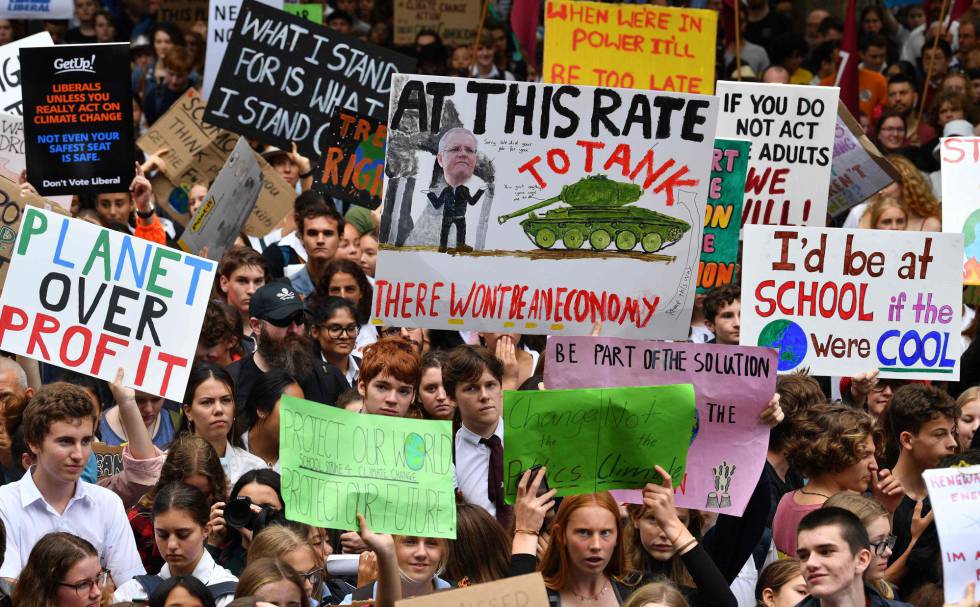


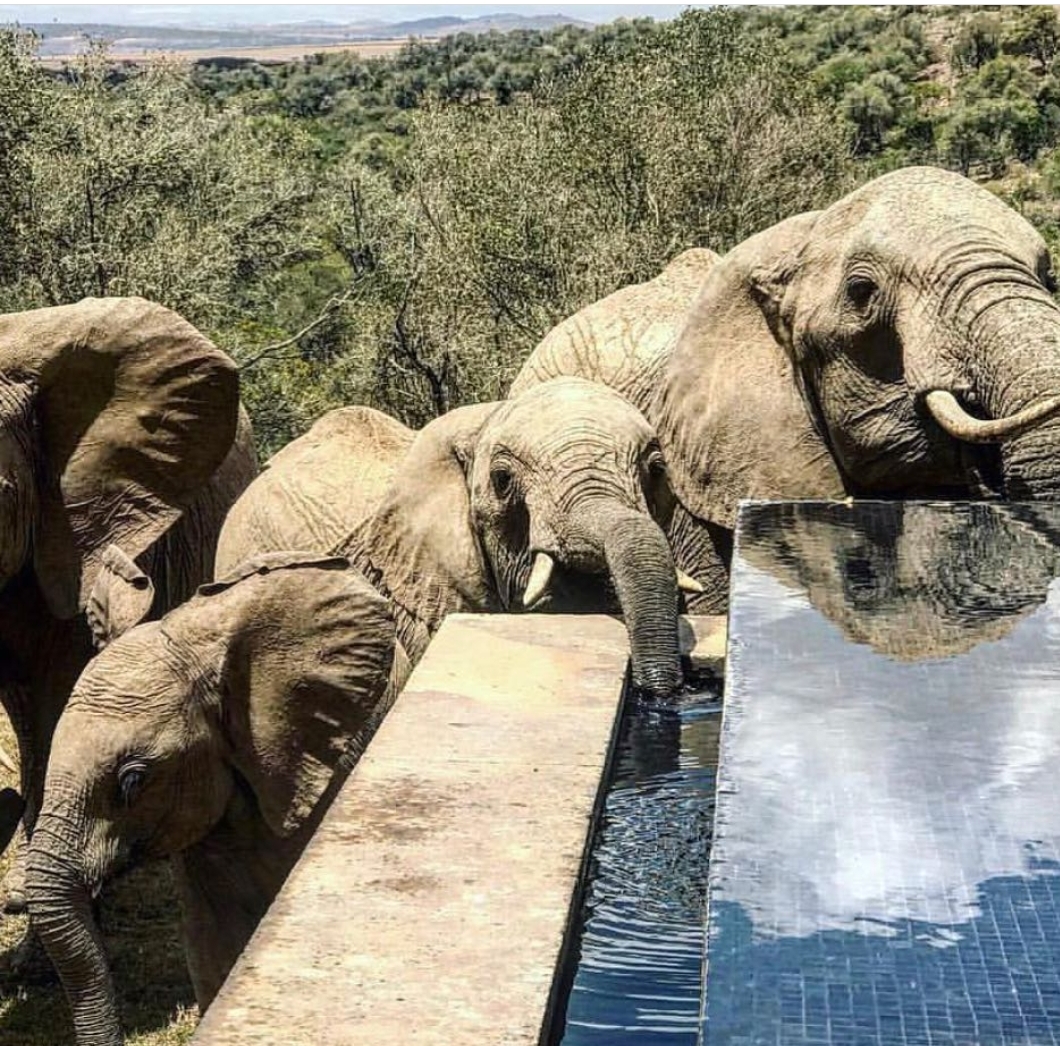
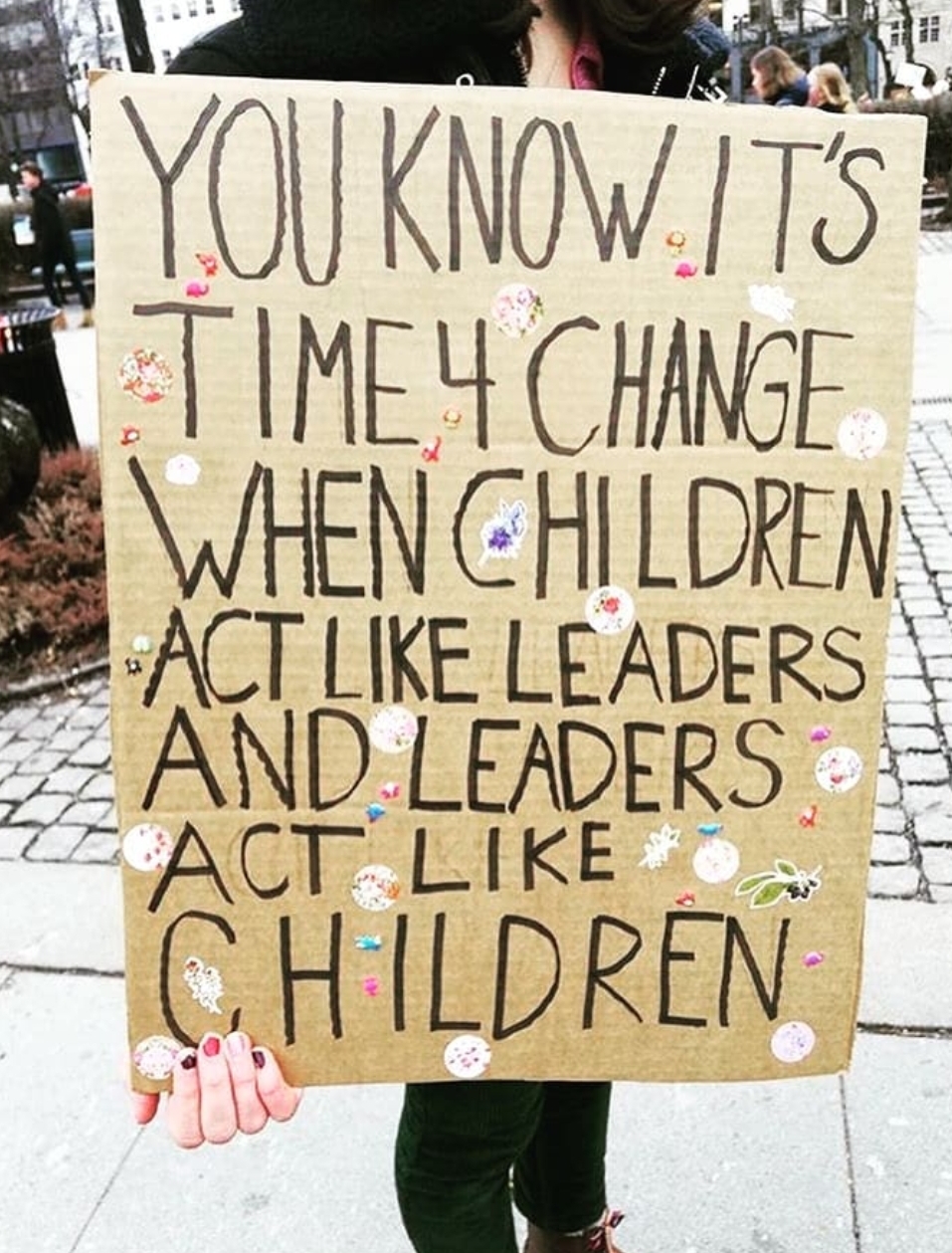
CREDITS
@Gretathunberg, @fridaysforfuture, @time, @i_d, @corey_wilson, @irimatic, @evelyndragan, @michaelschauerphoto, @alice_gao
